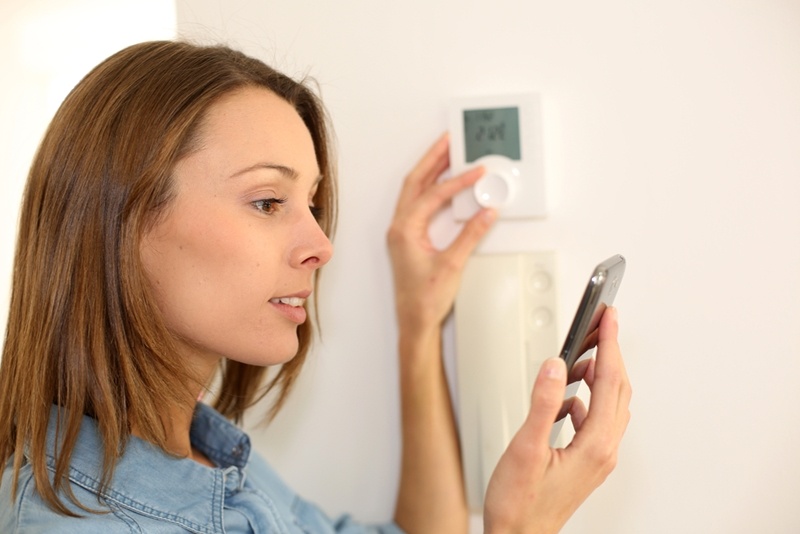New York PSC issues rehearing regarding ESCOs/REPs ability to serve low-income customers
In a Feb. 5 meeting, the New York Public Service Commission conducted a rehearing regarding its February 2014 retail energy market order, which curtailed the ability of ESCOs/REPs in the state to serve low-income customers except under specific circumstances.
According to the recorded comments from the session, the rehearing came at the request of the Retail Energy Supply Association and three other related organizations, all of whom sought clarification on exactly how the February 2014 ruling would affect ESCOs/REPs operations.
What are the limitations on ESCOs/REPs for serving low-income customers?
Based on a report from Energy Choice Matters, the February 2014 order restricted the ability of New York's ESCOs/REPs to serve utility customer receiving low-income assistance to the following circumstances:
- The supplier must be able to offer guaranteed savings over the default utility service.
- The supplier must offer additional "value-added" services when signing up a low-income customer, such as home energy management, demand response, energy efficiency tools and other means to help them reduce their energy usage.

ESCOs/REPs must be able to prove they can give lower rates than the utility or offer value-added services if they want to serve low-income customers.
ESCOs/REPs can offer fixed-rate plans as a value-added service
The meeting on February 5, 2015 largely reaffirmed these two points. The rehearing, however, did put a renewed emphasis on the collaborative dimensions of the earlier decision. Through the ruling, ESCOs/REPs would be allowed to offer fixed-rate contracts to low-income customers as a value-added service, provided those rates are deemed "reasonable" by the PSC.
"As a result of the Commission's action today, when implemented, low-income consumers will be guaranteed that they will pay no more than if they had purchased energy from the local utility or these customers could opt to purchase valuable services from third-party companies, such as home-energy management capabilities or prices fixed at reasonable levels," said PSC Chair Audrey Zibelman.
"Value-added services must be structured in a way that ensures all customers receiving government assistance can obtain these products without 'diluting' the effectiveness of the financial assistance programs."
The PSC added that value-added services must be structured in a way that ensures all customers receiving government assistance can obtain these products without "diluting" the effectiveness of the financial assistance programs.
How the order affects sales and marketing to low-income prospects for retail providers
The PSC also reaffirmed that all sales to low-income customers that result from door-to-door sales or telemarketing must be confirmed through an independent third-party verification, Energy Choice Matters reported.
Currently, the TPV requirements will also apply even if the customer contacts the provider himself. This will provide a checks-and-balances system that ensures that customers have accepted enrollment with the provider and that they understand the details of their contract.
According to the recorded comments from the February 5, 2015 meeting, the RESA and other petitioners have asked for a re-evaluation of the rule regarding TPV involvement in sales that come as a result of an inbound call or a call made by an individual customers request. They argued that due to the voluntary nature of these calls, any sales that occur through them should not be subject to the same strict rules regarding TPV as outbound sales and marketing.
This content is property of ESCO Advisors and all reproductions must reference and link back to the ESCO Advisors website.
Share this
You May Also Like
These Related Stories
New York PSC re-emphasizes 'reasonable' requirement for ESCOs/REPs serving low-income customers [Video]


